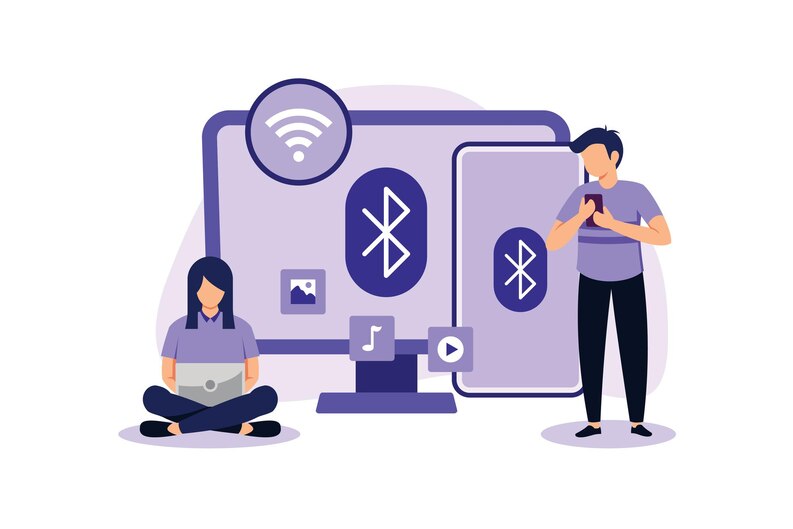In today’s digital-first world, simply having an online store isn’t enough. Whether you’re selling artisanal soaps or high-end electronics, getting found by the right customers is crucial. That’s where Ecommerce SEO Services come in. From the moment a visitor lands on your homepage to when they complete a purchase at checkout, SEO plays a critical role in improving visibility, traffic, and conversions.
In this guide, we’ll break down why SEO services matter at every step of the customer journey, and how investing in E-commerce SEO Packages can help you grow your online business.
What Is Ecommerce SEO and Why Does It Matter?
The Foundation of Online Visibility
Ecommerce SEO is the process of optimizing your online store to rank higher in search engine results. It involves optimizing product pages, category pages, site structure, and even technical elements like loading speed and mobile usability.
Why is this important? Because over 40% of e-commerce traffic starts with a search engine query. If your store isn’t visible in search results, your potential customers won’t even know you exist.
Key Benefits:
- Increased organic traffic
- Higher brand visibility
- More qualified leads
- Improved user experience
- Better conversion rates
Investing in Ecommerce SEO Services ensures that your store is discoverable by people who are actively searching for the products you offer.
Optimizing the Homepage – Your Store’s Digital Front Door
Making the First Impression Count
Your homepage is often the first thing a potential customer sees. It needs to do two things well: attract visitors and guide them to the next step.
SEO Tips for Your Homepage:
- Use targeted keywords in headings and meta tags
- Include internal links to important product categories
- Ensure your site is mobile-friendly
- Optimize loading speed
- Highlight best-selling or seasonal items
When you invest in Ecommerce SEO Services, experts analyze and optimize your homepage to serve as an effective entry point that keeps users engaged and encourages them to explore further.
Navigating Product and Category Pages
Helping Customers (and Search Engines) Find What They Need
Once visitors move past the homepage, your product and category pages must be just as optimized.
Best Practices:
- Use descriptive, keyword-rich titles
- Write unique product descriptions
- Add alt text to product images
- Include breadcrumbs for better navigation
- Create SEO-friendly URLs (e.g., /shoes/women-running/ instead of /prod123)
E-commerce SEO Packages often include structured data implementation and internal linking strategies that enhance both user experience and search engine crawling.
Technical SEO – The Invisible Workhorse
Behind-the-Scenes Optimization that Powers Performance
You could have the most compelling products in your niche, but if your site is slow or disorganized, customers will bounce before making it to checkout.
Core Technical Elements:
- Site speed optimization
- Mobile responsiveness
- Secure HTTPS encryption
- XML sitemaps
- Canonical tags to avoid duplicate content issues
A quality Ecommerce SEO Service will audit and optimize these areas to ensure your site runs smoothly and is easy to crawl by search engines like Google.
Checkout Optimization – Sealing the Deal
Turning Visitors into Buyers
SEO isn’t just about traffic—it’s also about conversions. If your checkout process is clunky or confusing, all your SEO efforts could go to waste.
SEO-Related Checkout Enhancements:
- Fast loading checkout pages
- Clear calls-to-action (CTAs)
- Structured data for reviews and pricing
- SEO-friendly thank-you pages that encourage reviews or social sharing
An end-to-end E-commerce SEO Packages should include strategies for improving not only traffic but also the entire customer journey—from homepage to checkout.
Measuring SEO Success and ROI
How to Know Your Investment Is Paying Off
SEO is a long-term strategy, but with the right tools, you can measure progress and returns.
Metrics to Monitor:
- Organic traffic growth
- Keyword rankings
- Conversion rate from organic traffic
- Bounce rate on key landing pages
- Revenue attributed to SEO
Most reputable Ecommerce SEO Services provide regular reports, so you’re not left guessing. You’ll see clear data that shows what’s working and where to improve.
Final Thoughts:
SEO is not a one-time project. It’s an ongoing process that requires regular updates, analysis, and optimization. From homepage to checkout, every part of your online store should be geared toward delivering an exceptional user experience while also appealing to search engines.
By partnering with professionals and choosing the right E-commerce SEO Packages, you’re not just investing in search engine rankings—you’re investing in sustainable growth for your business.









